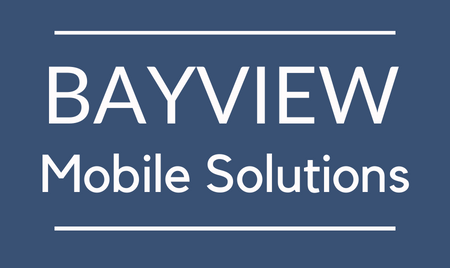Pay Per Click Ads
Google Ads is a standout leader, offering businesses a potent and effective channel to connect with prospective customers.
Pay Per Click Ads
In the digital marketing landscape, Pay Per Click (PPC) advertising has become an indispensable tool for businesses looking to enhance their online presence and drive targeted traffic to their websites. Among the myriad of platforms offering PPC services, Google Ads stands out as a frontrunner, providing businesses with a powerful and efficient way to reach potential customers. In this article, we'll delve into how PPC Google advertising works, along with its pros and cons.
How PPC Google Advertising Works
PPC advertising on Google operates on a straightforward principle: advertisers bid on keywords relevant to their target audience. When users enter these keywords into Google's search engine, the ads appear prominently on the search engine results page (SERP) above or below the organic search results. Here's a breakdown of the process:
- Keyword Selection: Advertisers choose relevant keywords that align with their business offerings and target audience's search queries.
- Bid Strategy: Advertisers set bids for their chosen keywords, indicating the maximum amount they're willing to pay when a user clicks on their ad.
- Ad Creation: Engaging and relevant ad copy is crafted, complete with compelling headlines, descriptions, and call-to-action (CTA) buttons.
Targeting Options
- Targeting Options: Google Ads provides various targeting options, including location, demographics, interests, and device type, allowing advertisers to narrow down their audience reach.
- Ad Auction: When a user performs a search, Google initiates an ad auction, considering factors like bid amount, ad quality, and relevance. The ads with the highest Ad Rank (bid multiplied by quality score) typically appear in top positions.
- Ad Display: If the user's search query matches the advertiser's chosen keywords, Google displays the relevant ads on the SERP. Advertisers only pay when users click on their ads, hence the term "Pay Per Click."
- Monitoring and Optimization: Advertisers continuously monitor campaign performance, making adjustments to keywords, bids, ad copy, and targeting to optimize results and maximize return on investment (ROI).
